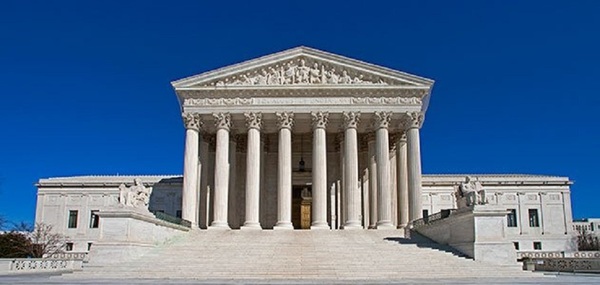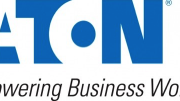Finally. The wait is almost over. The U.S. Supreme Court will decide whether an employer may enforce a mandatory arbitration agreement that contains a class action or collective action waiver.
Last Friday, the Supreme Court agreed to hear 3 cases stemming from the NLRB’s 2012 decision in D.R. Horton , in which the NLRB held that class action waivers violate employees’ Section 7 rights to engage in protected, concerted activity. D.R. Horton created uncertainty whether, for example, an employer, through an arbitration agreement, may force an employee to waive his or her right to pursue a class action minimum wage or overtime claim, or a Title VII discrimination claim, in an arbitration proceeding.
The three cases to be heard by the Supreme Court are Murphy Oil (where the Fifth Circuit held that mandatory class action waivers do not violate the NLRA), Epic-Systems (where the Seventh Circuit held that mandatory class actions waivers do impinge upon Section 7 rights), and Ernst & Young (where the Ninth Circuit held that mandatory class action waivers do impinge upon Section 7 rights). The Second and Eighth Circuits have followed the Fifth Circuit by enforcing mandatory arbitration agreements that require employees to proceed to arbitration on an individual (non-class) basis.
The Supreme Court already has upheld the general enforceability of arbitration agreements under the Federal Arbitration Act, and even has upheld the enforceability of class action waivers in the consumer context. But now, the Supreme Court will tackle for the first time the enforceability of class action waivers in the employment context, and, specifically, whether such waivers conflict with Section 7 of the NLRA.
At this point, we’ll just have to sit back and wait for the Supreme Court to issue its decision, likely later this year. While I would love to be able to give you my prediction, the political realities make that very difficult; we don’t even know when the current vacancy on the Supreme Court may be filled. It’s possible that the Supreme Court may rule on this issue before the vacancy is filled . . . and if that occurs, then we may end-up with a 4-4 split.
Even if the Supreme Court ultimately upholds the enforceability of class action waivers in the employment context, arbitration agreements and class action waivers may not be a “good fit” for every employer. Just a little food for thought on the “pros” and “cons” of arbitration as we wait for the Supreme Court’s decision: An arbitrator typically is selected by the parties’ mutual agreement, whereas a judge typically is randomly appointed; Arbitration often is quicker than litigation in court, often reaching conclusion within 6-9 months; Arbitration is confidential, whereas litigation in court is public; An arbitrator may be less likely than a judge to dismiss a case on summary judgment; Arbitration can be less expensive than litigation in court, but that is not always true, particularly because the parties pay for the arbitrator(s) by the hour (whereas a judge is “free”); Discovery typically is limited in arbitration (both a pro and a con); Enforcement of a class action waiver could result in several (a handful, dozens, or even hundreds) of individual, simultaneous arbitrations, making the arbitration process incredibly expensive; Appeal rights in arbitration are very limited (both a pro and a con).
We’ll keep you posted on further developments on this issue.
Please visit the source link below to read the entire article.
Source: www.lexology.com




